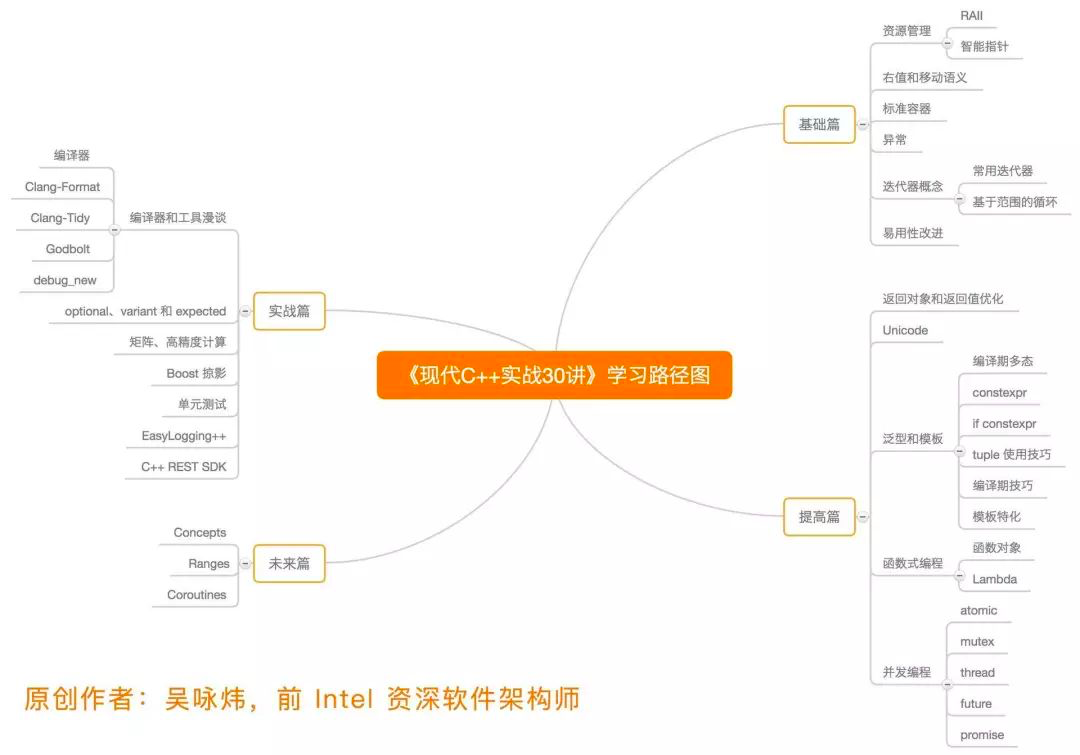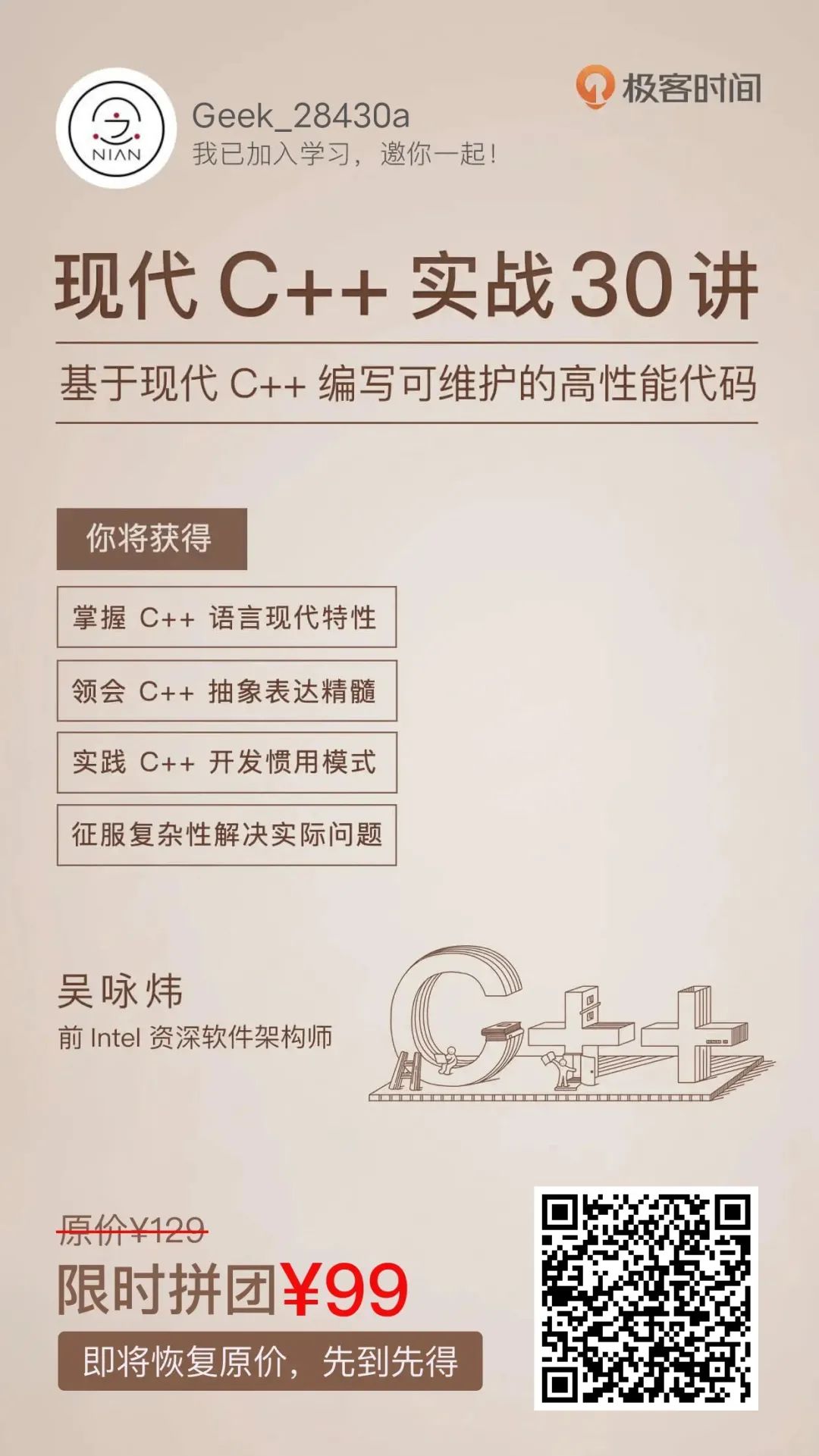In the field of microcontrollers, C++ may not be very popular, but in the field of embedded Linux, C++ is one of the main players in the application layer, many open source libraries are written in C++.
C++, a well-known programming language. As a multi-paradigm general-purpose programming language, it is applicable in a wide range of fields, from embedded systems to distributed servers, C++ can be seen everywhere.
Its development prospects are also very broad. In the future trends of artificial intelligence and machine learning, the outer layer is Python (model description), but the core is still C++ (high-performance computation).
In addition, almost all universities in China offering computer science programs will have C++ courses, making it the first programming language for many people. Why does C++ receive such great attention? I have summarized three core competitive advantages:
-
Abstraction capability: This means higher development efficiency, and more importantly, it does not degrade performance due to abstraction.
-
Performance: Although achieving the same functionality may require three times as many lines of code in C++ compared to Python, the performance can easily exceed Python by more than ten times.
-
Power consumption: Whether for mobile devices or servers, we are increasingly concerned about power consumption. Using C++ usually means low power consumption, allowing batteries to last longer and servers to consume less electricity.
However, C++ is also notoriously complex, difficult to learn, and hard to use. Getting started and mastering it is quite challenging, making it easy to make mistakes and misuse it. But this means that skilled C++ programmers naturally gain the reputation of being “high-level and well-paid.” So this is not entirely a bad thing.
C++ is already 40 years old, but it remains a very popular and vibrant language. After being silent for more than a decade, the second edition of the language standard—C++11—was finally released, and C++ has been releasing new language standards every three years, each version improving and adding new features while maintaining backward compatibility.
These new features can be intimidating, and the learning cost is very high—but this is a misunderstanding. These new features and related programming practices actually make developing many things in C++ easier.
Wu Yongwei, a former senior system architect at Intel Asia Pacific R&D Center, has been deep in C++ for over 20 years, and he has organized a C++ learning path that should be helpful to you:
 In the development field, Wu Yongwei can be considered a true “veteran.” He graduated from Fudan University in 1995 and has been engaged in software development for over 20 years, holding positions as a development engineer, project manager, development manager, and architect.
In the development field, Wu Yongwei can be considered a true “veteran.” He graduated from Fudan University in 1995 and has been engaged in software development for over 20 years, holding positions as a development engineer, project manager, development manager, and architect.
He studies technology, loves C++, enjoys open source, and has participated in translating “Interviews with Programming Masters.” You can also see some small open source projects he maintains in his spare time on GitHub, such as libunibreak.
He has a column on Geek Time“30 Lectures on Modern C++ Practical Applications”, which helps you master the modern features of C++, understand the essence of abstract expressions, practice common development patterns, and conquer complexity to solve practical problems.



As usual, my fan subscription benefits:
The column will soonreturn to the original price of ¥129
Group purchase + code「Happy2021」
Only ¥89, save ¥40
The code is only valid for「the first 50 people」!
New user first order ¥59.9
